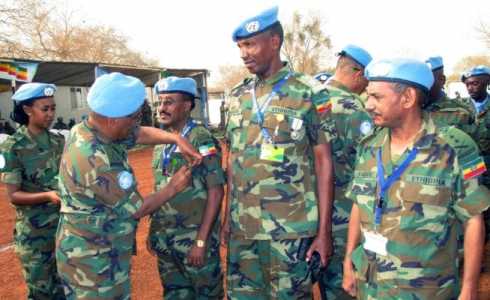The Walloon Agency for Investments & Export (AWEX) will lead a mission to Ethiopia & Djibouti on the week of the 21st of May 2018. The mission is led by the AWEX and is opened to companies from other parts of Belgium. A fact-finding mission is when a group of business people travel from Belgium to another country in order to get more information about the country & its business environment.
During the fact-finding mission the Belgian company will be able to:
- Travel in an organised framework,
- meet local business people,
- meet Chambers of Commerce,
- meet local authorities and hear about their priorities
- learn about the business environment
- meet the Belgians working in the country,
- get information on specific segment
- visit industrial parks & production facilities
- learn some aspects of the local culture
- liaise with the Embassy,
- meet other Belgians in the mission interested in the country (synergy effect)
- get financial support for their prospection (the trade agencies reimburse a part of the travel expenses & hotel expenses)
ECONOMIC OVERVIEW – ETHIOPIA and DJIBOUTI
ETHIOPIA


Ethiopia has a GDP of $72.374 billion as of 2016 and a population of 102,403,196 according to World Bank’s economic outlook. The GDP growth can be attributed to the construction (2.1%), manufacturing (0.9%) and services, trade and hotels sector (2.2%) as seen below.
*Ethiopia economic update 2016 World Bank
Total investment contributed 5.9 percentage points to GDP growth in 2015/16, while private consumption growth contribution was 1.5 percentage points. The contribution of public consumption increased significantly in 2016/17.
Ethiopia, according to a World Bank estimate that puts the East African country’s 2017 growth at 8.5% and projects 8.2% growth in 2018, ranking second only to Ghana (8.3%).
Ethiopia is the 2nd most populous country in Africa and the 12th most populous on earth.
- The rapid growth isn’t new. Ethiopia’s economy grew by an average of 10.5%/yr. between 2005 and 2015.
- Ethiopia’s economy is concentrated in the services and agriculture sectors. The World Bank estimates that of the 10.8% average annual growth recorded by Ethiopia between 2004 and 2014, half came from services, like hospitality and transportation, which was mostly a result of country’s urbanization. Agriculture, meanwhile, accounted for 3.6% of the growth during the period. Improved agriculture production was mostly a result of the adaptation of improved seeds and chemical fertilizer. Manufacturing, though a small portion of the economy, is burgeoning, growing at more than 10% per year. A recent study by the Center for Global Development, a US think tank, concluded that Ethiopia was the most likely country in Africa to become the “New China”.
- China built Addis Ababa’s airport, the ring road around the city, a major highway, the Headquarters of the African Union, the light rail project, the new rail & invested in energy (alleged financing of the 1.8 Billion Power Turbines of the GERD dam)
- In its latest global forecast, the IMF projected that Ethiopian GDP per capita would expand at an annual pace of 6.2% through 2022
- By 2050, the UN expects the country to grow to 190 million people, from 100 million today, making it among the fastest-growing large countries in terms of population.
- As of 2000, 56% of Ethiopians lived on less than $1.25 per day. That percentage dropped to 31% by 2011 (the latest year Ethiopia’s poverty level was assessed by the World Bank)
- Ten years ago, mobile phones were virtually non-existent in Ethiopia despite being fairly common in some parts of Africa. Now there are 50 cell phones for every 100 Ethiopians — low compared to more developed countries but high when you consider only 24% of the country had access to electricity as of 2013.
DJIBOUTI
Has a GDP of US $1.727 billion and a population of 942,333. Thanks to the construction, transit trade and transhipment with Ethiopia, the improved Port-related capital-intensive activities and transport infrastructure (account for more than 80 % of Djibouti’s port activities) between Ethiopia and Djibouti, have also partly contributed to the GDP according to World Bank’s economic outlook. This has led to an attraction of large public and foreign investments into the country.
Djibouti is mostly barren with very little development in agriculture and the industrial sector, and the country’s growth is expected to be at risk due to delays in the construction and the lack of efficiency in the management of the new infrastructures, security developments in neighbouring countries, or in the Red Sea, and domestic social and political instability. Inflation is imminent with the expected demand of housing and services sectors.

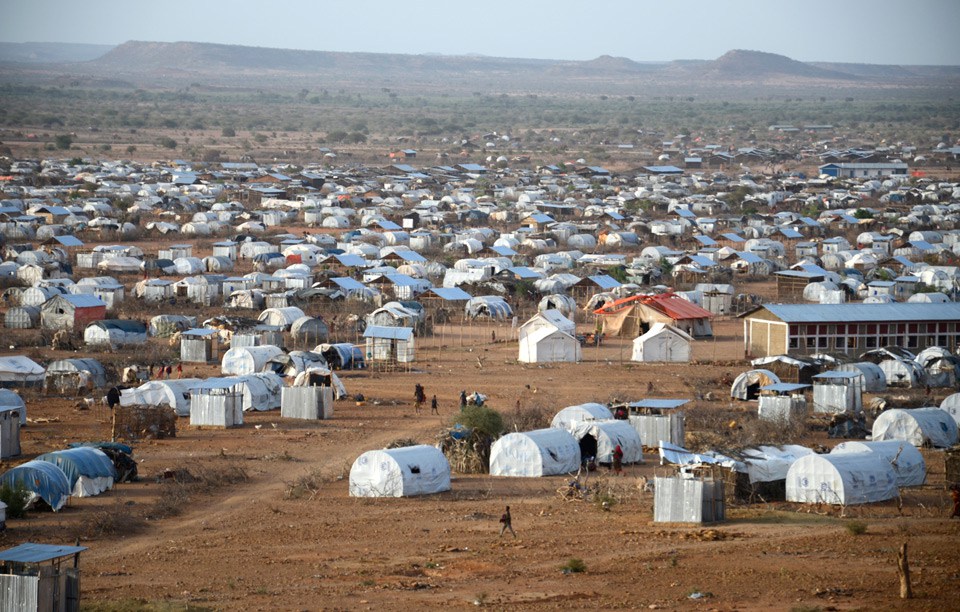


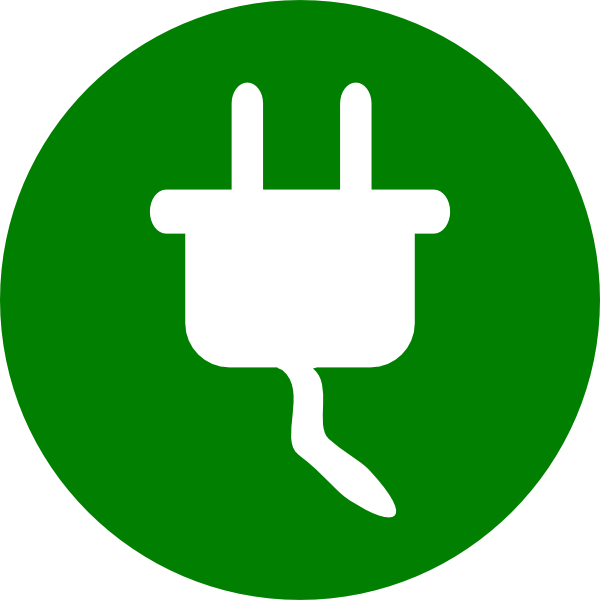
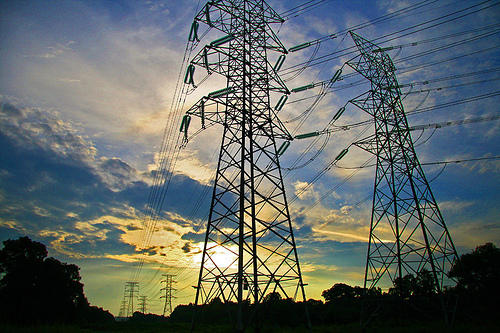
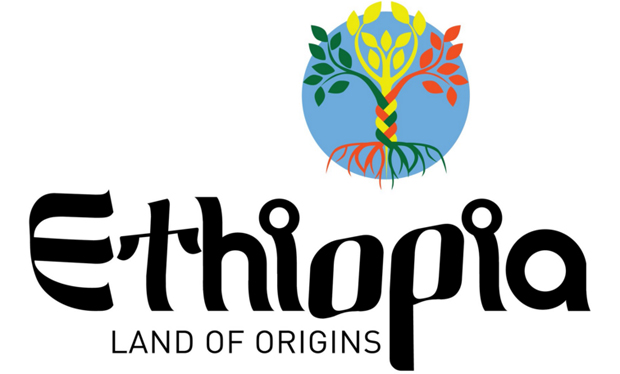
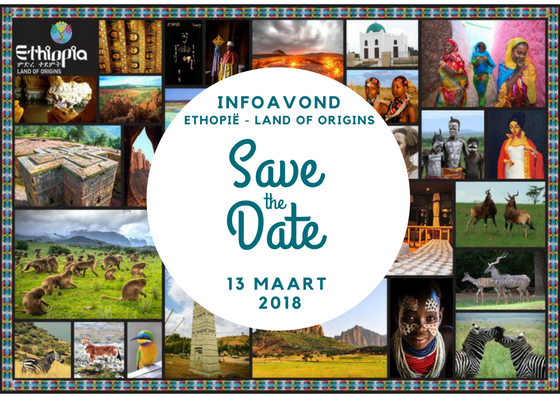

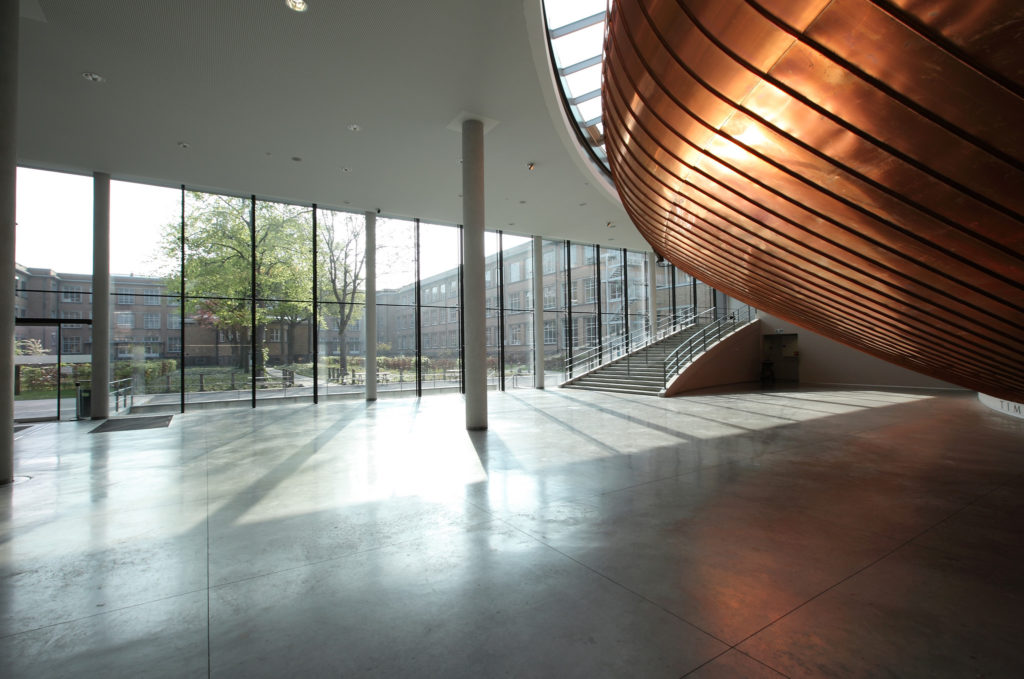

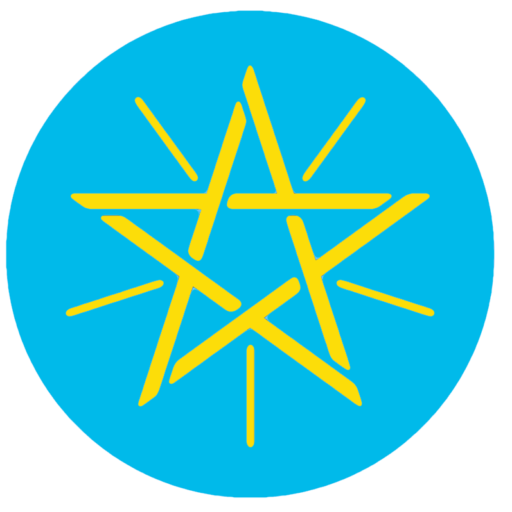
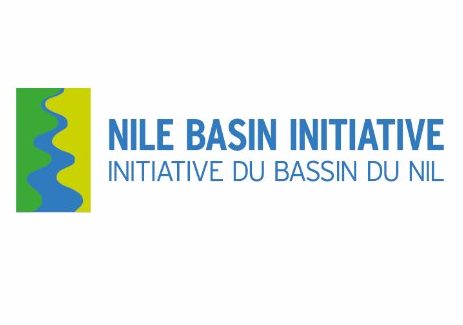
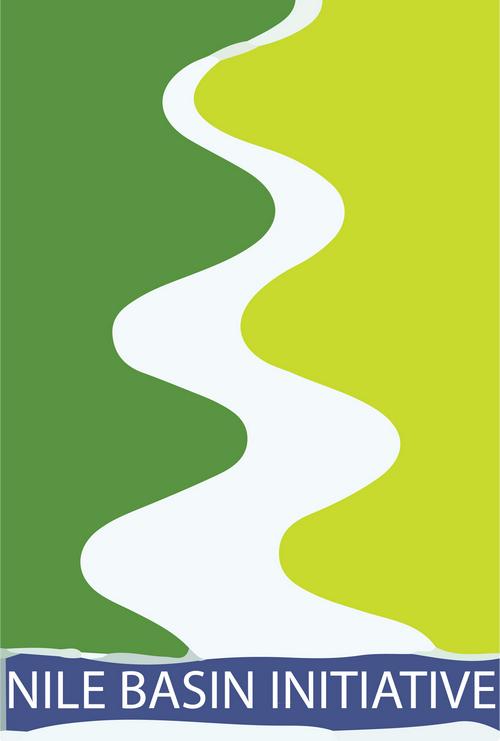 East African countries gathered on 22 February in Addis Ababa to celebrate the Nile Day 2018 under the theme of “The Nile: Shared River, Collective Action.”
East African countries gathered on 22 February in Addis Ababa to celebrate the Nile Day 2018 under the theme of “The Nile: Shared River, Collective Action.” 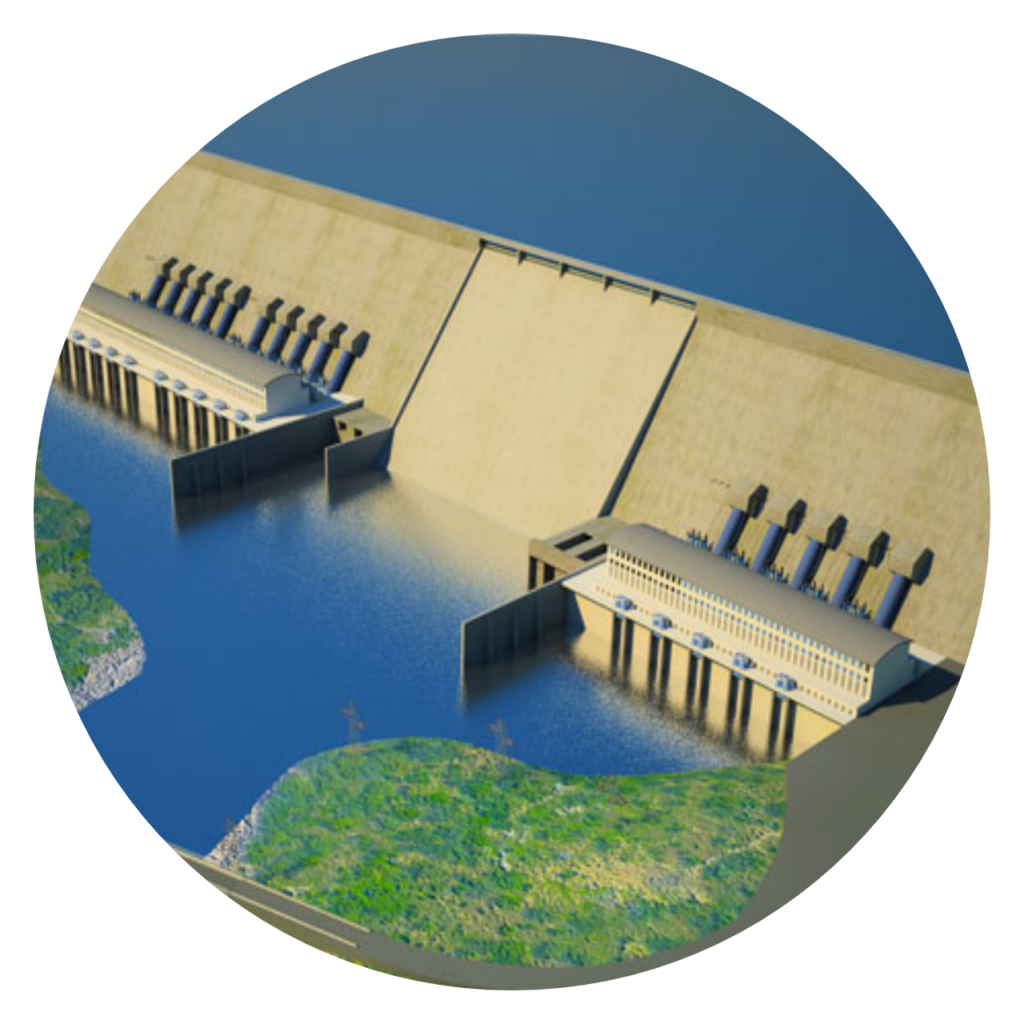
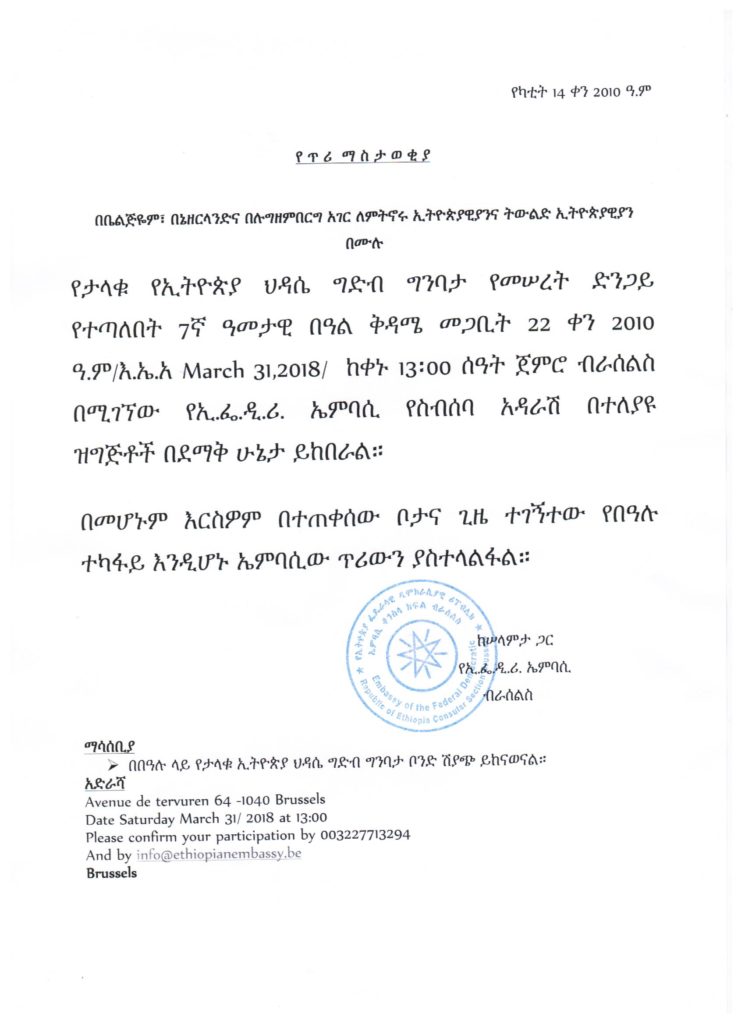
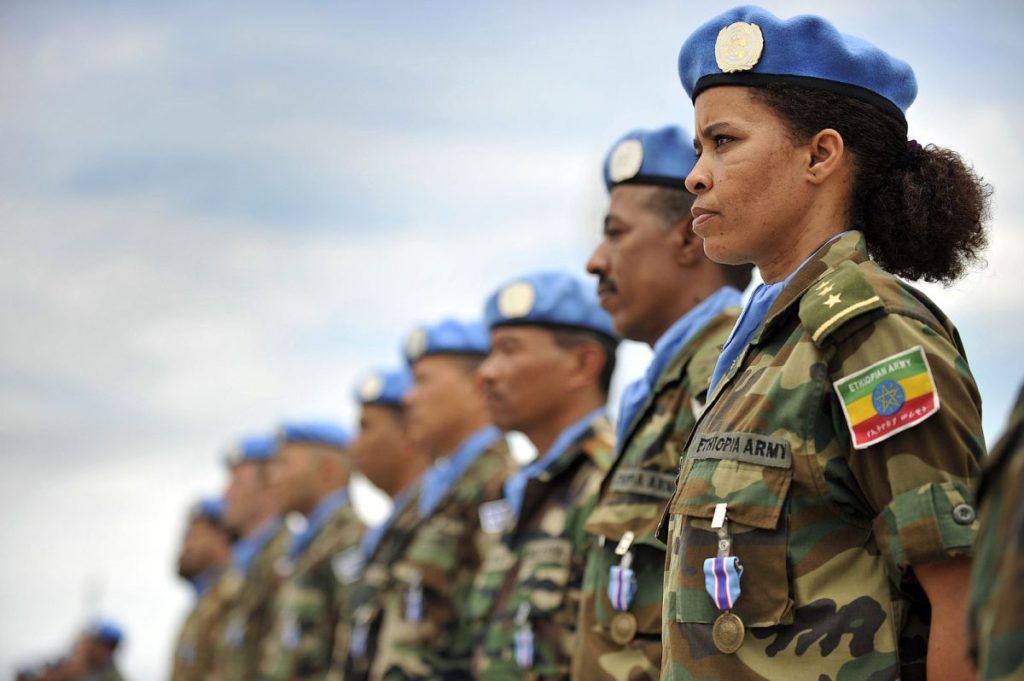
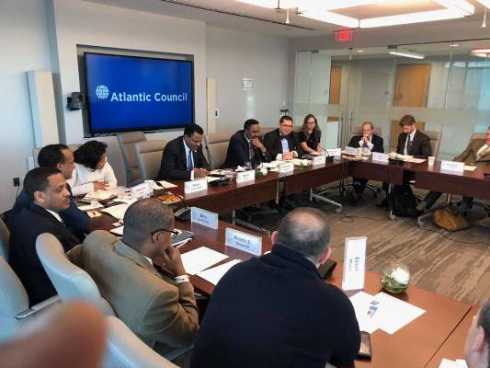 On 17 February, Ethiopia’s Minister for Foreign Affairs, Dr Workneh Gebeyehu, held a discussion with senior director for Africa, Cyril Sartor, on peace and stability in the Horn of Africa region.
On 17 February, Ethiopia’s Minister for Foreign Affairs, Dr Workneh Gebeyehu, held a discussion with senior director for Africa, Cyril Sartor, on peace and stability in the Horn of Africa region.